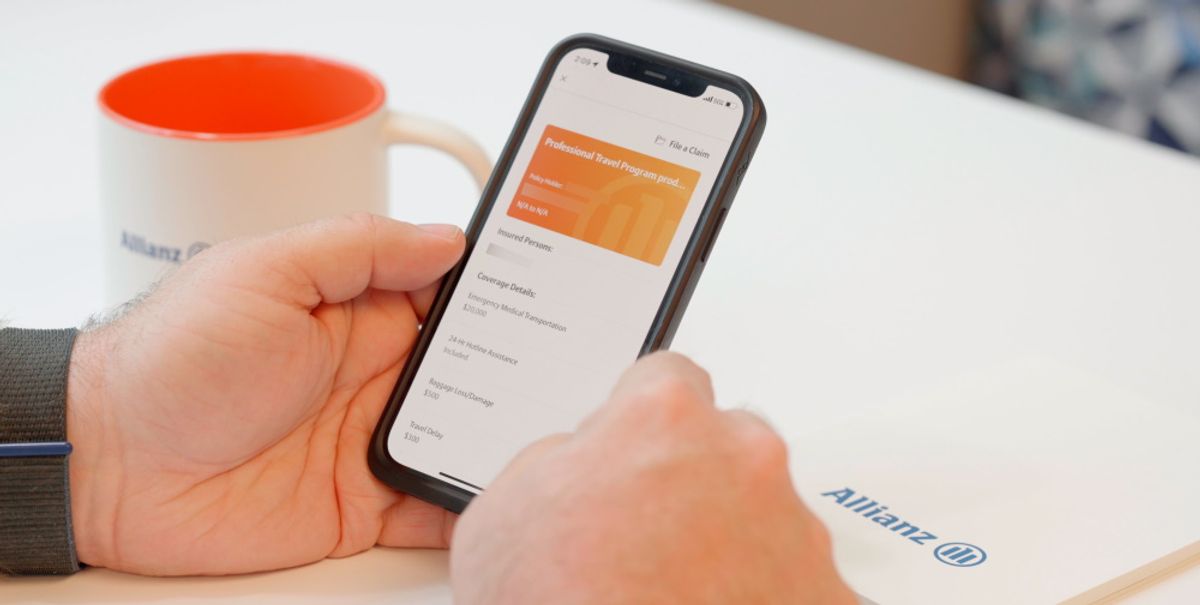Travel Insurance and Alcohol: What You Need to Know
When planning a holiday, it’s important to consider all aspects of your trip, including travel insurance. While enjoying a few drinks by the pool may be part of the fun, it’s essential to understand how alcohol consumption can affect your coverage. Many people are unaware that being intoxicated can invalidate their travel insurance policy, leaving them vulnerable in case of an accident or injury.
Recently, a young woman named Ella Cutler was denied cover by her travel insurer after suffering critical injuries from a fall in Croatia. It was reported that alcohol was present in her system at the time of the accident. This highlights the importance of understanding the implications of alcohol consumption on your travel insurance.
Why are alcohol-fueled accidents not covered?
According to Jodi Bird, a travel expert from Choice, travel insurance is designed to protect against unforeseen events. However, insurers also rely on individuals’ ability to foresee and take evasive action. When under the influence of alcohol, judgment can be impaired, increasing the risk of accidents. Insurers are hesitant to cover events that have a high likelihood of occurring due to intoxication.
It’s crucial to read the fine print of your travel insurance policy, known as the Product Disclosure Statement (PDS). This document outlines the terms and conditions, including what is covered and what is excluded. Look for the section that mentions alcohol and drug consumption. Most policies will have an exclusion stating that claims arising from being under the influence of alcohol or drugs will not be covered.
How does an insurer determine if you were under the influence?
Insurers may examine police and medical records, as well as hotel reports, to determine if alcohol consumption played a role in an accident. They may also review your social media accounts for evidence. Some policies may require you to agree to a blood alcohol or breath analysis. Insurers can also estimate your blood alcohol content based on the amount consumed and your weight.
How much is too much?
The threshold for what is considered excessive alcohol consumption varies among insurers. Some policies specify a blood alcohol concentration (BAC) level, such as 0.19% or above, which is almost four times the legal driving limit in Australia. Generally, if an event would not have occurred without the influence of alcohol, insurers may deny the claim.
Can your claim be voided if drugs are detected?
Yes, most travel insurance policies exclude coverage for claims related to drug use unless the drugs were prescribed by a medical professional and taken as directed.
Other common exclusions from travel insurance policies
In addition to alcohol and drug use, there are several other circumstances where your travel insurance may not provide coverage. These include visiting high-risk countries, leaving possessions unattended, claiming against unapproved medical conditions, participating in high-risk sports without proper coverage, riding motorcycles without a helmet or valid license, and breaking laws in the country of travel.
Conclusion
When it comes to travel insurance, it’s essential to understand the impact of alcohol consumption on your coverage. Being intoxicated can invalidate your policy and leave you responsible for medical expenses in case of an accident or injury. It’s crucial to read the fine print of your policy and be aware of any exclusions related to alcohol and drug use. Remember to drink responsibly and consider the potential consequences for your travel insurance coverage.
“Travel insurance covers you for unforeseen events, but insurers rely to an extent on your own ability to foresee events and take evasive action. If you’ve had a few too many drinks, your ability to foresee events is blurred. So there’s a much higher risk of something going wrong, and if an event has too high a risk of actually occurring, then insurers don’t want to cover it.” – Jodi Bird, Choice
Source: ABC News

George Barham, an accomplished journalist and avid gambling enthusiast, serves as the esteemed Editor-in-Chief at fly-to-australia.com, Australia’s leading source for comprehensive gambling news and insights. With an unwavering passion for both the written word and the ever-evolving world of betting and gaming, George brings a wealth of knowledge and expertise to the helm of our editorial team.



